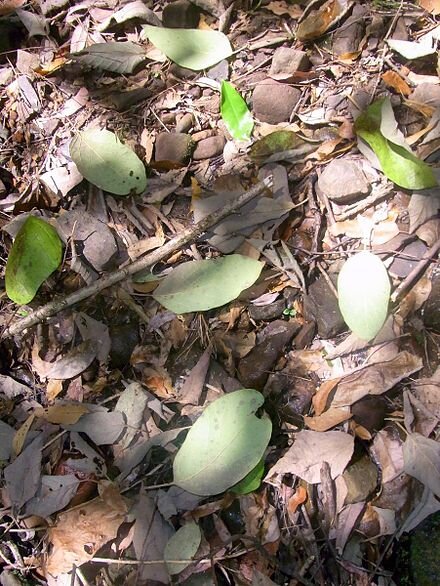Leave fallen leaves
From Robert Whitcomb’s “Digital Diary,’’ in GoLocal24.com
It’s been good to read lately a pushback against the American obsession with lawns, which has been a slow-motion environmental disaster, however pretty they can be. To maintain lawns, as opposed to other ground covers, vast quantities of pesticides and toxic fertilizers are used, polluting bodies of water (and ground water) and killing all sorts of creatures. And the erosion from lawns can be severe.
I particularly think of this now, what with leaves covering lawns and homeowners tempted to get the blowers or rakes going and remove all traces of leaves from their lawns. But in fact, decomposing leaves are good for the soil, including the dirt that grass grows in. They add nitrogen and other important nutrients, keep down weeds and harbor microbes and insects that are good for plants and birds.
Mulch the fallen leaves with a lawn mower if you think that they’re getting too thick. If you have a composter put the excise leaves there or let it decompose in a pile in the corner of your yard.
One very unpleasant aspect of autumn life in areas like ours with lots of falling leaves is when homeowners and/or hard-working yard crews (often illegal immigrants), wield shrieking and heavily polluting leaf blowers to clear their lawns. They often blow the leaves into the street, where they clog drains. Many are blown into piles and then trucked to landfills to take up space at those overloaded sites.
